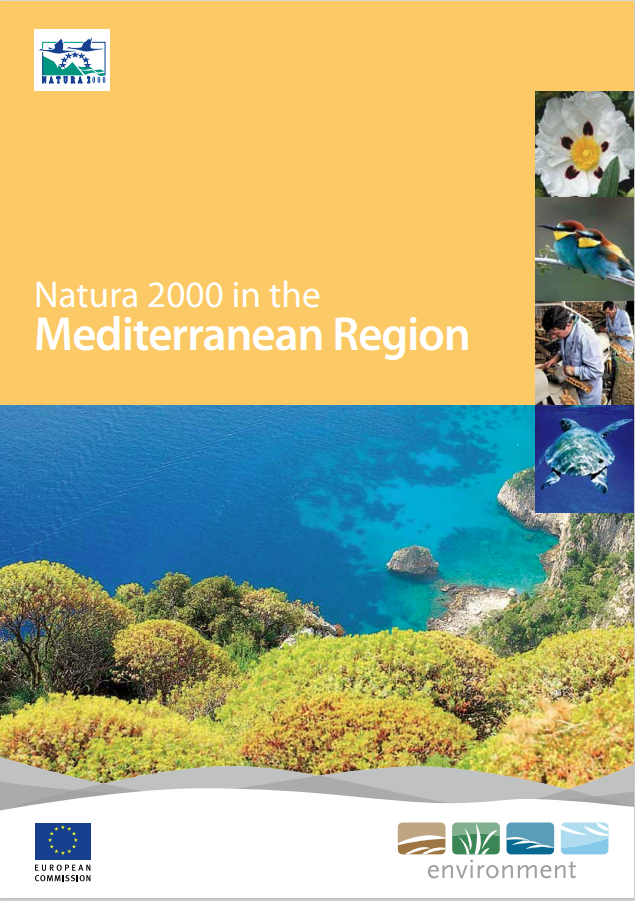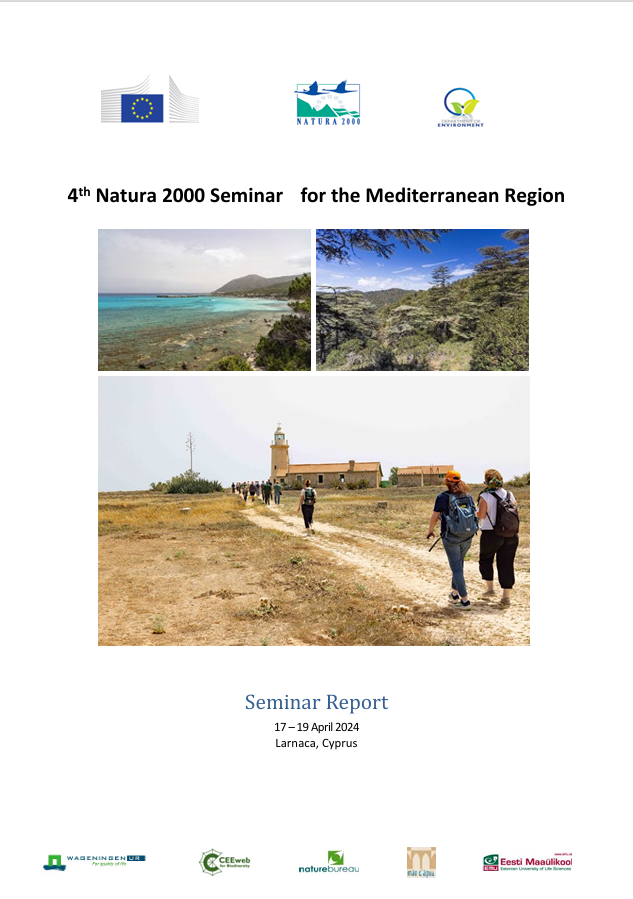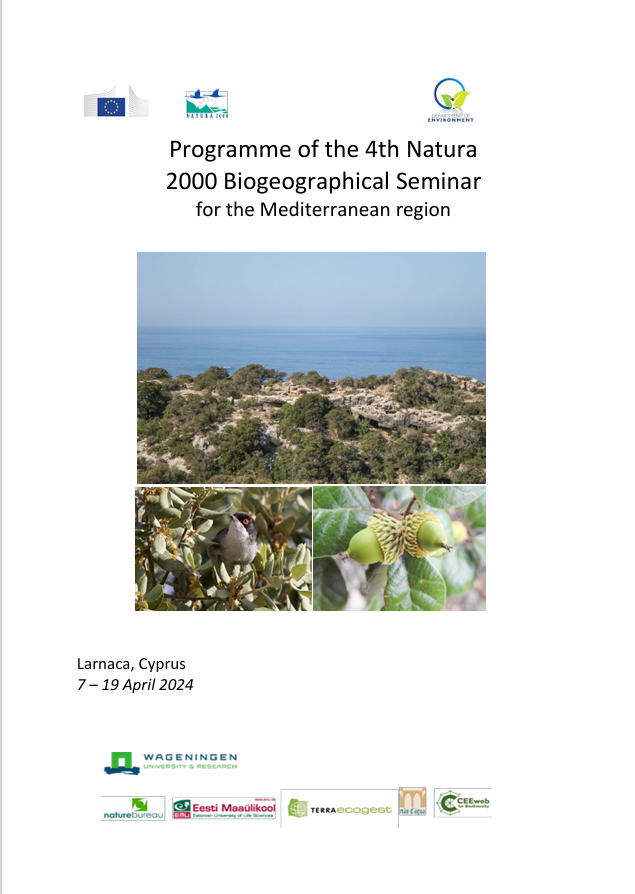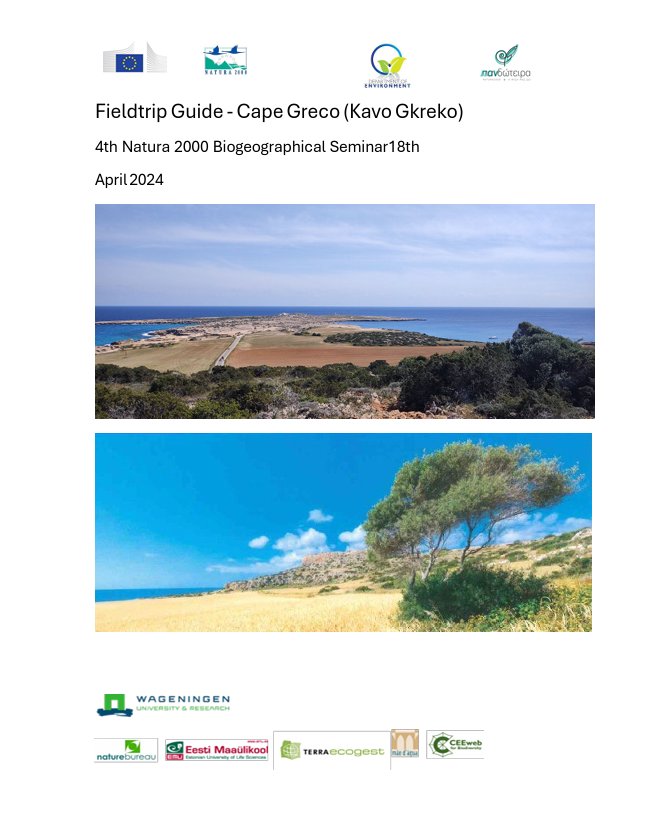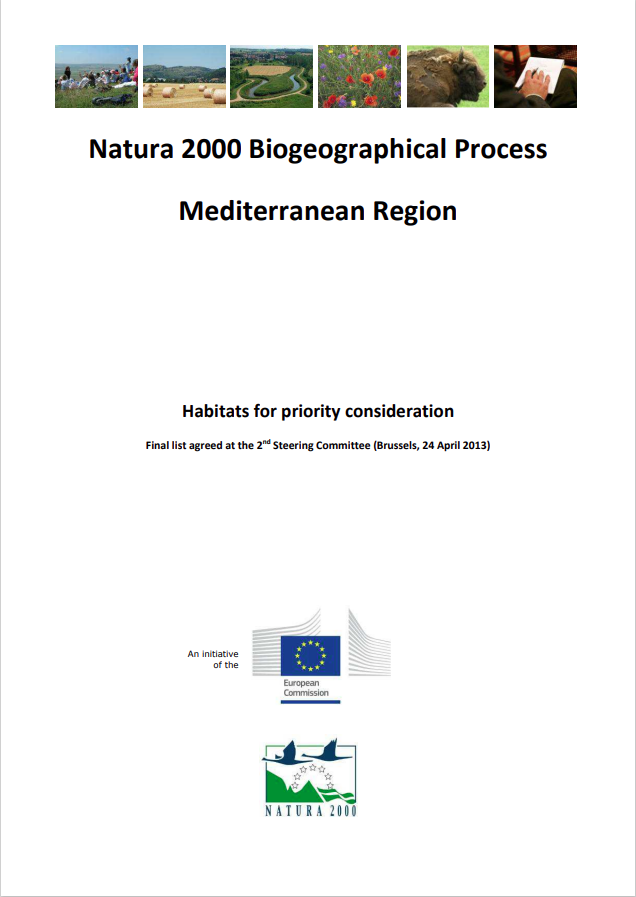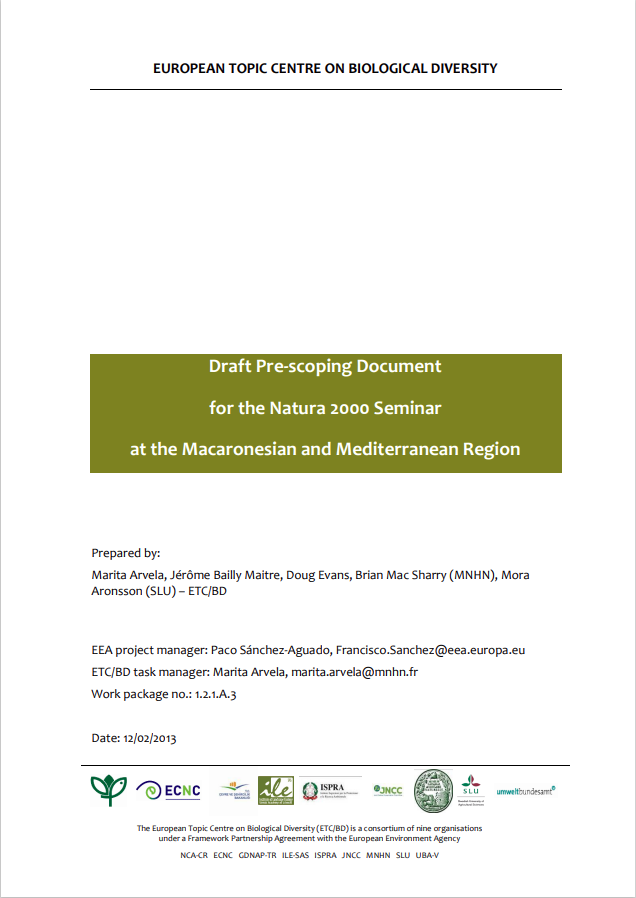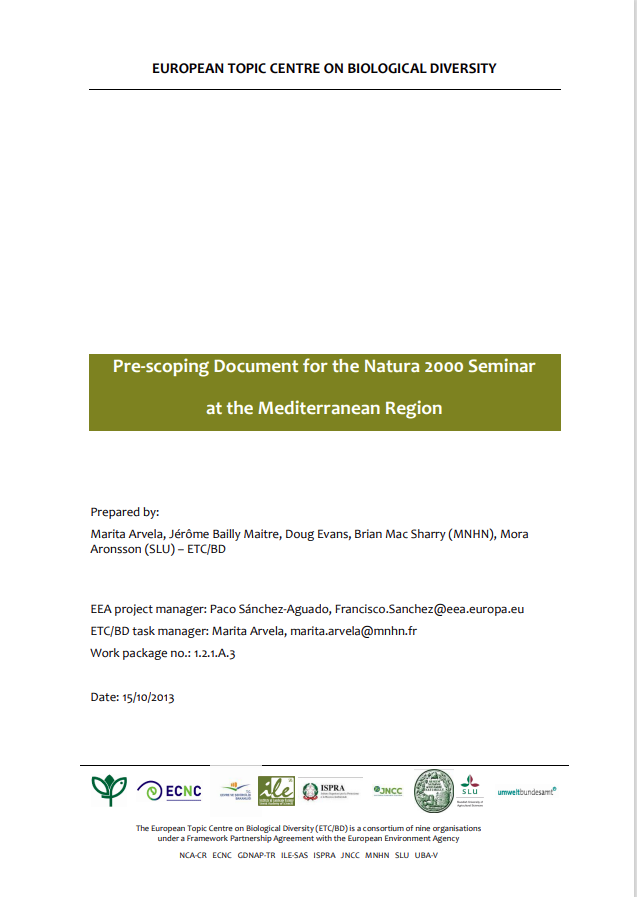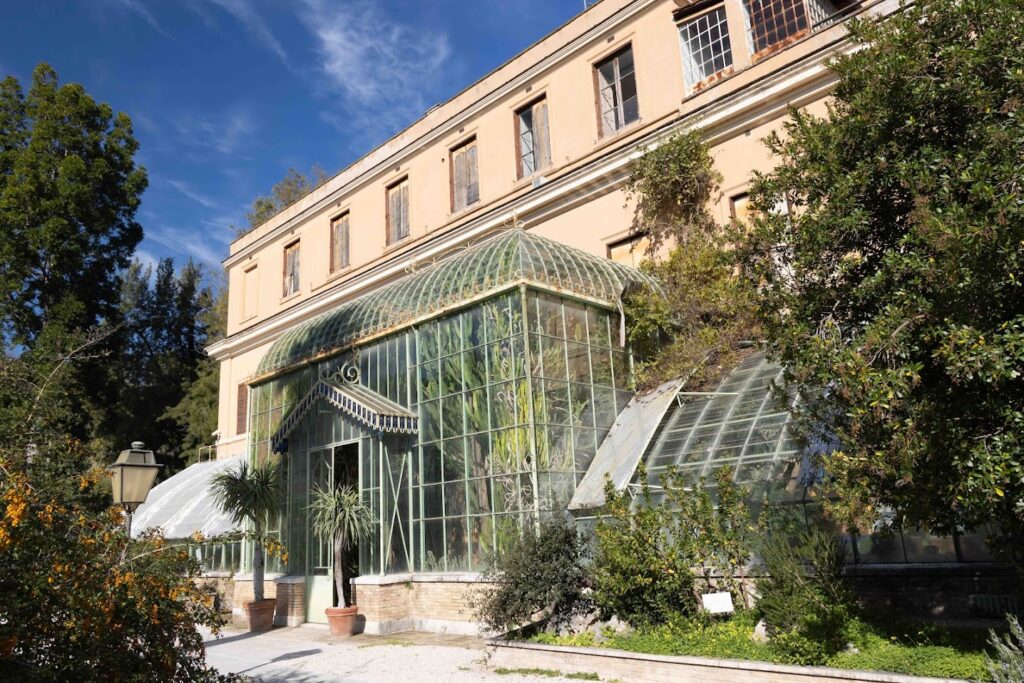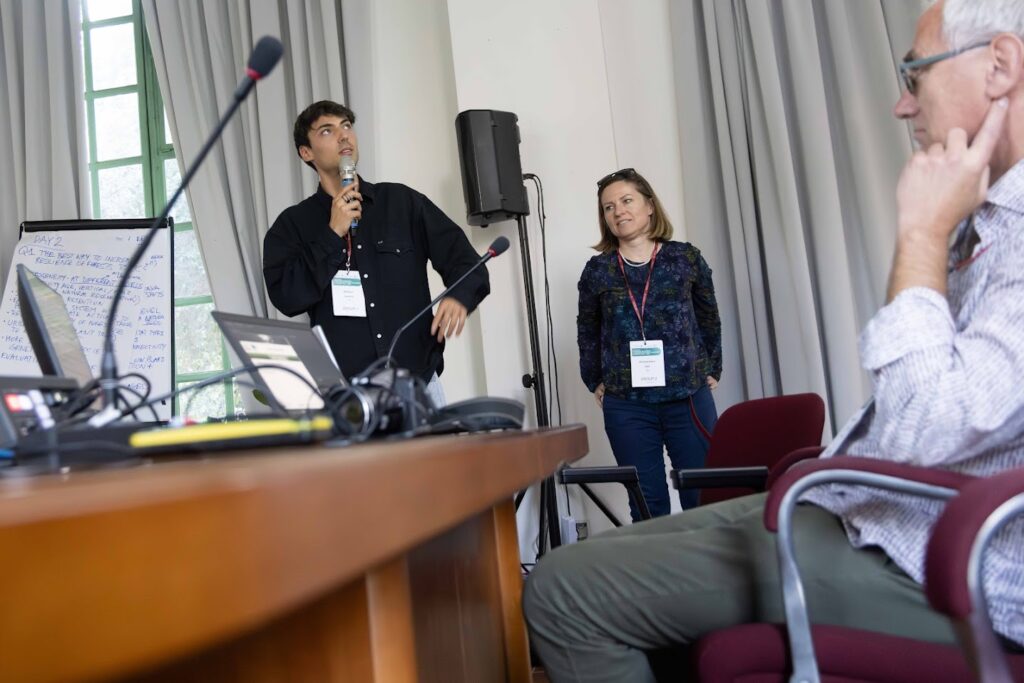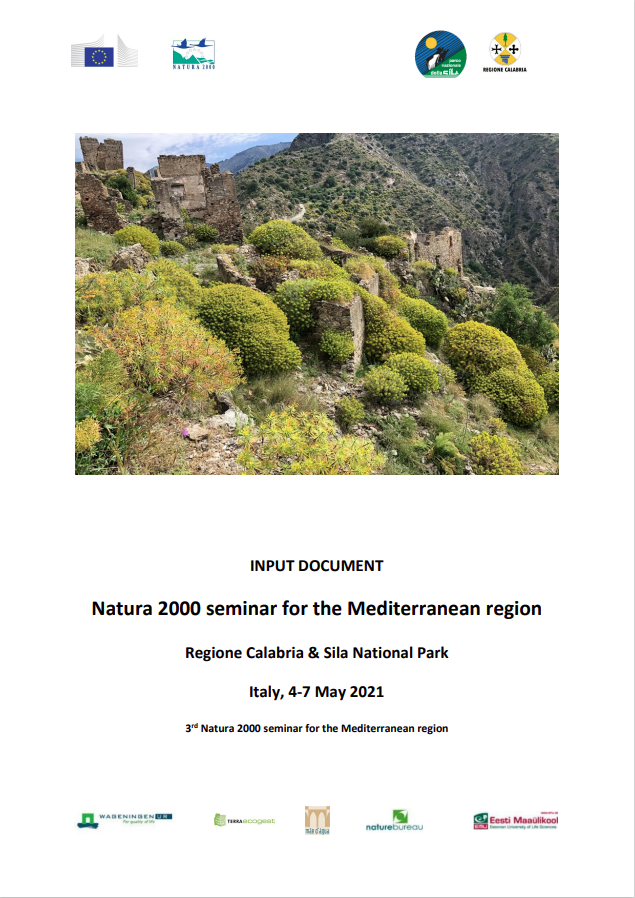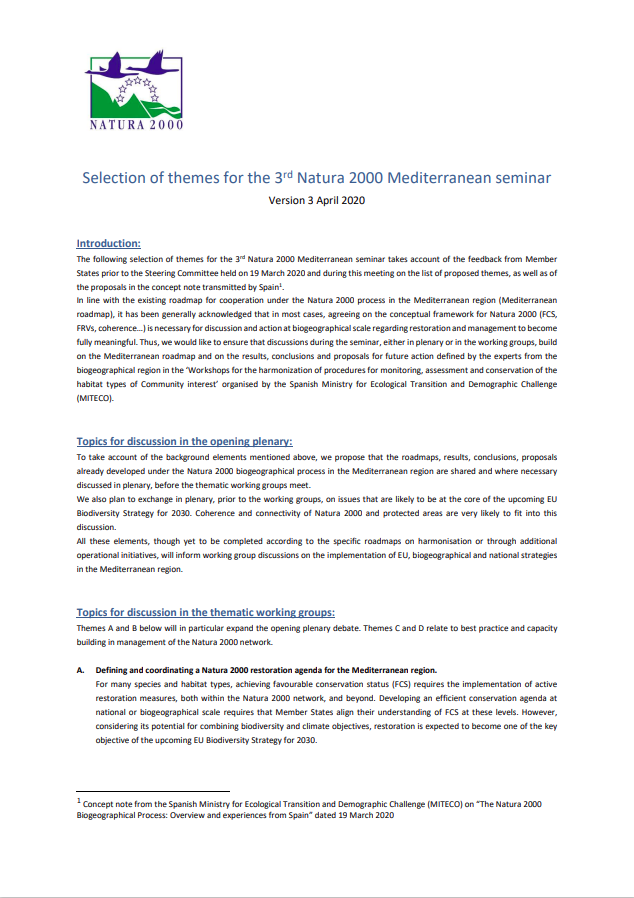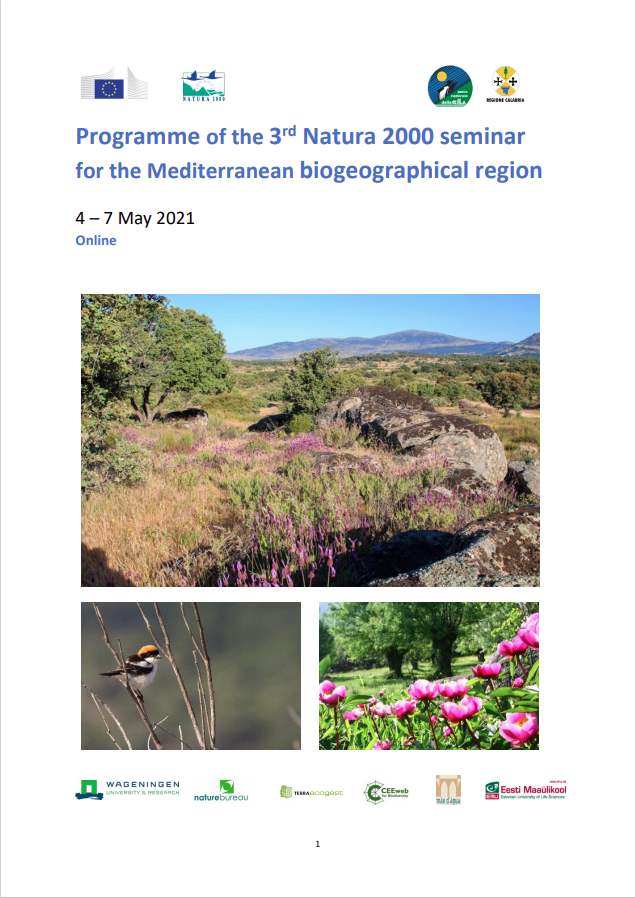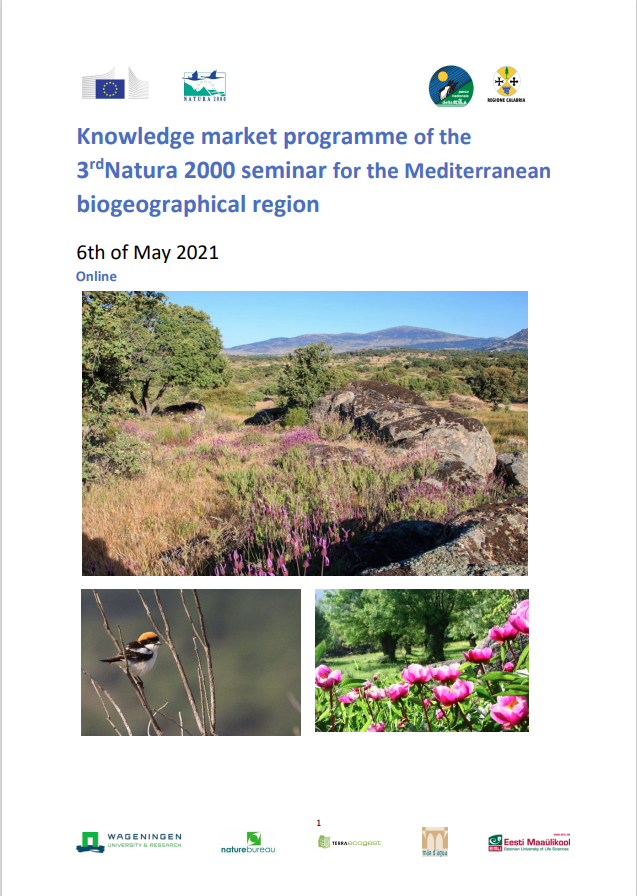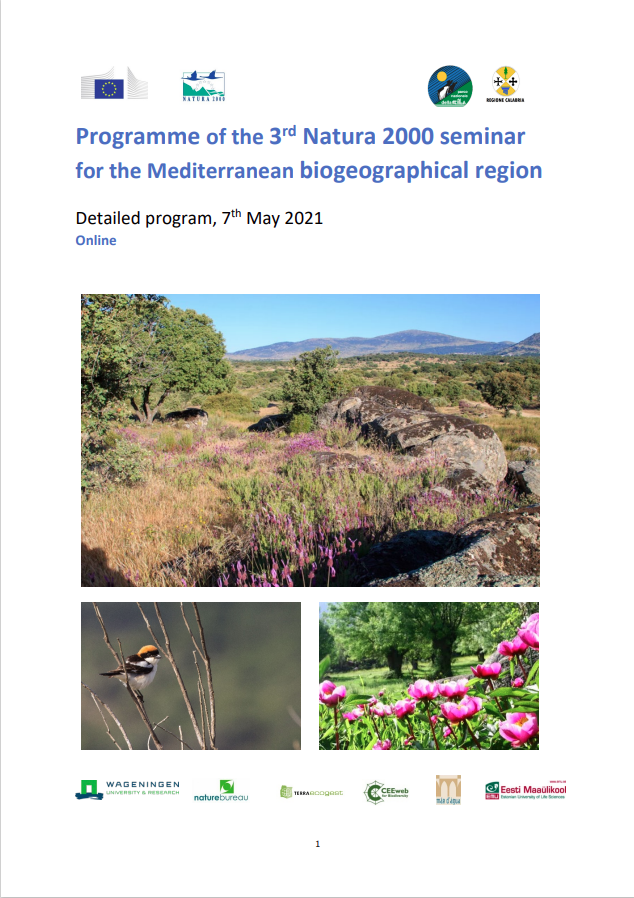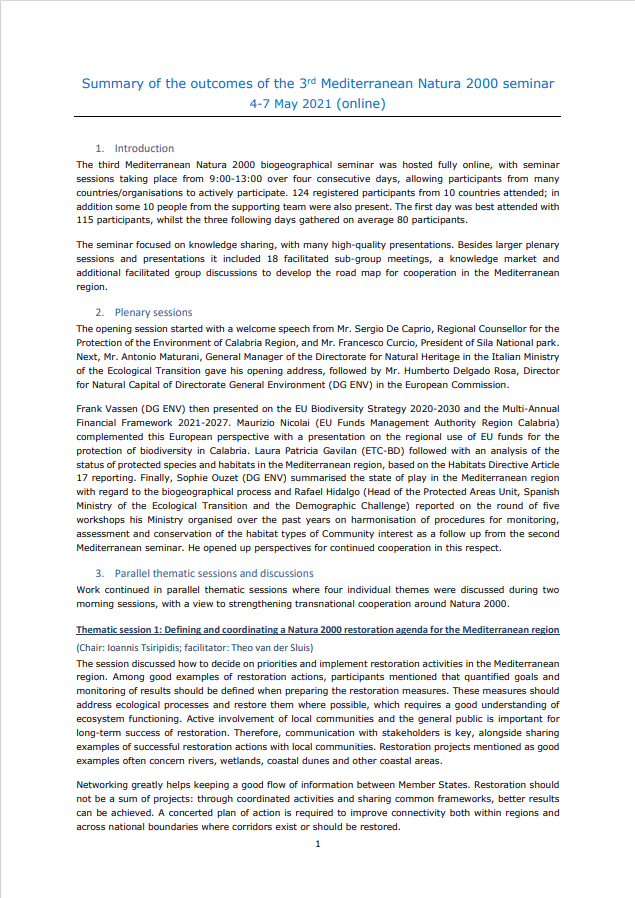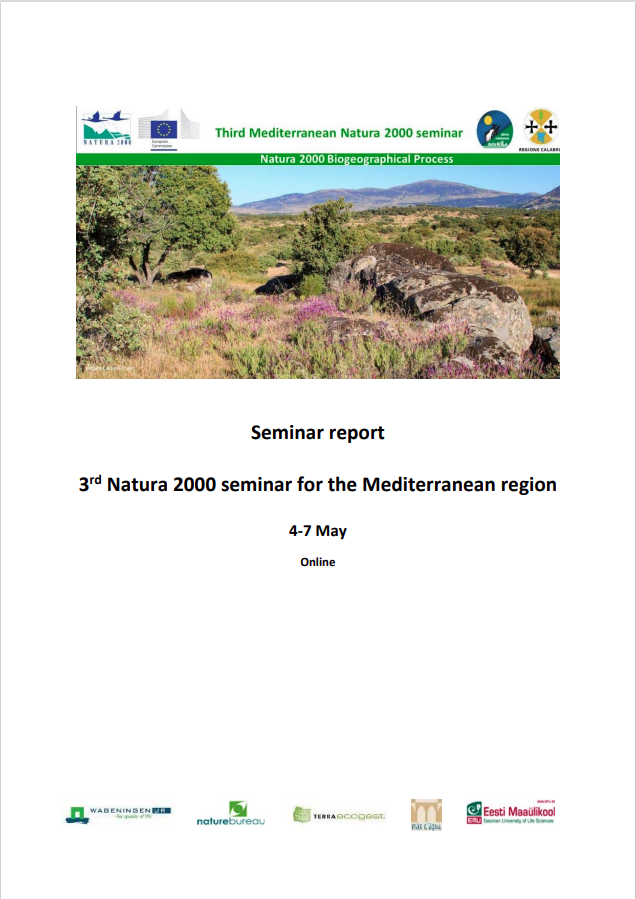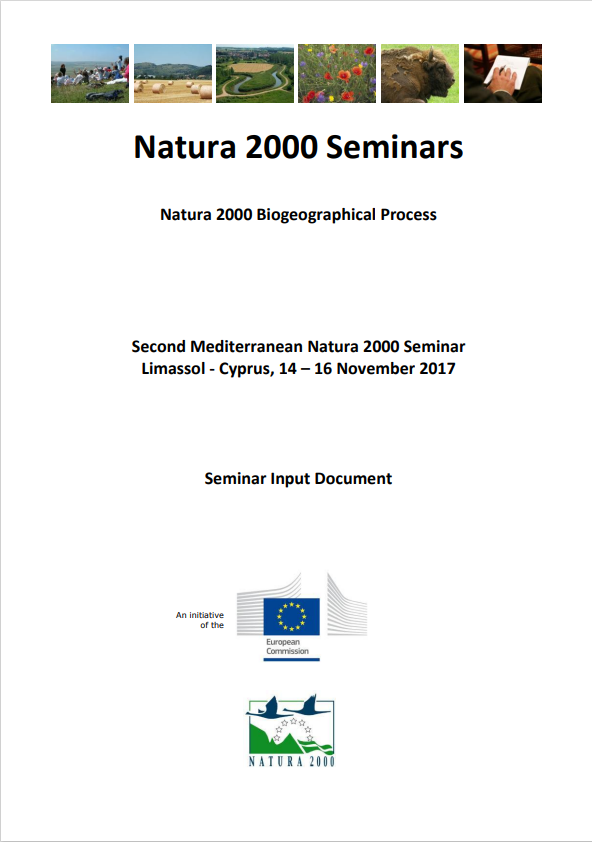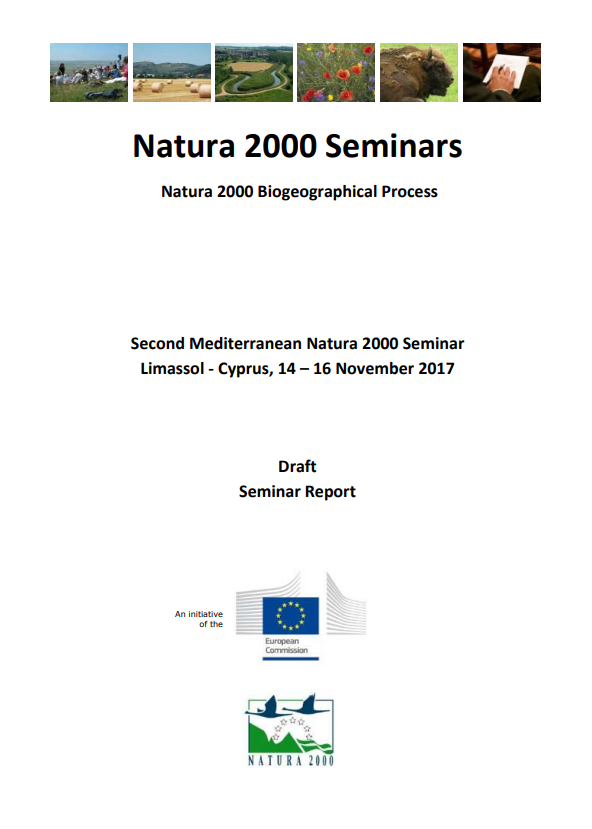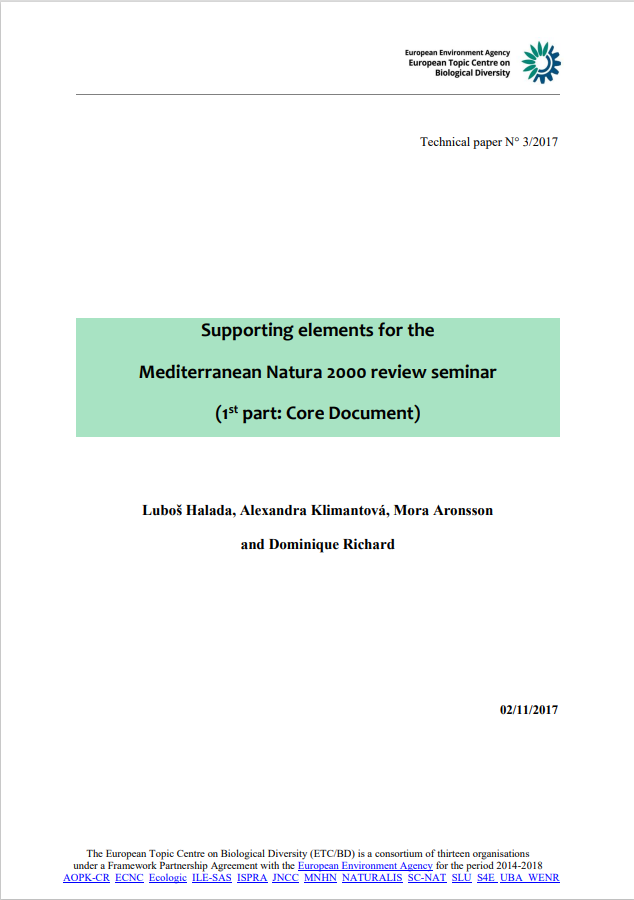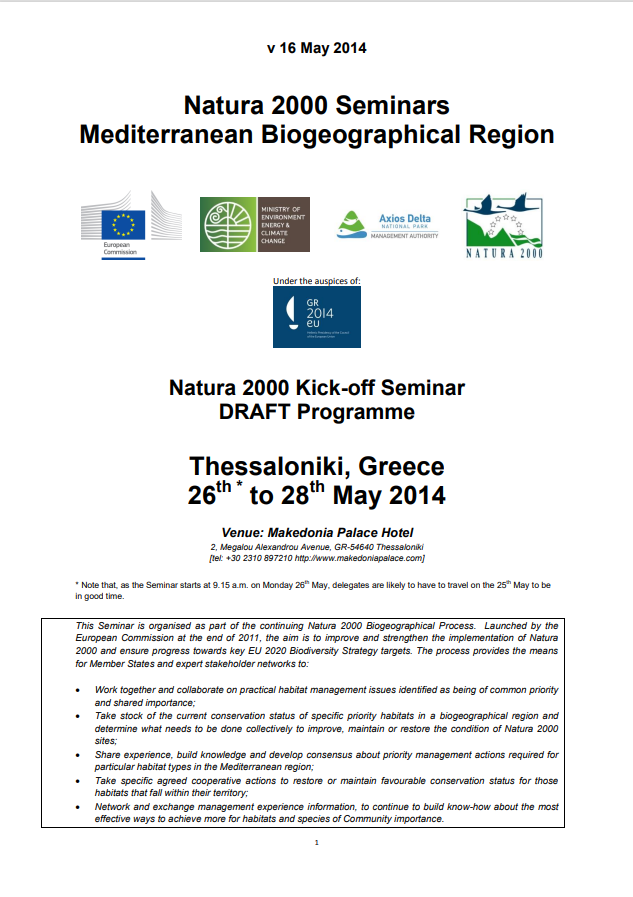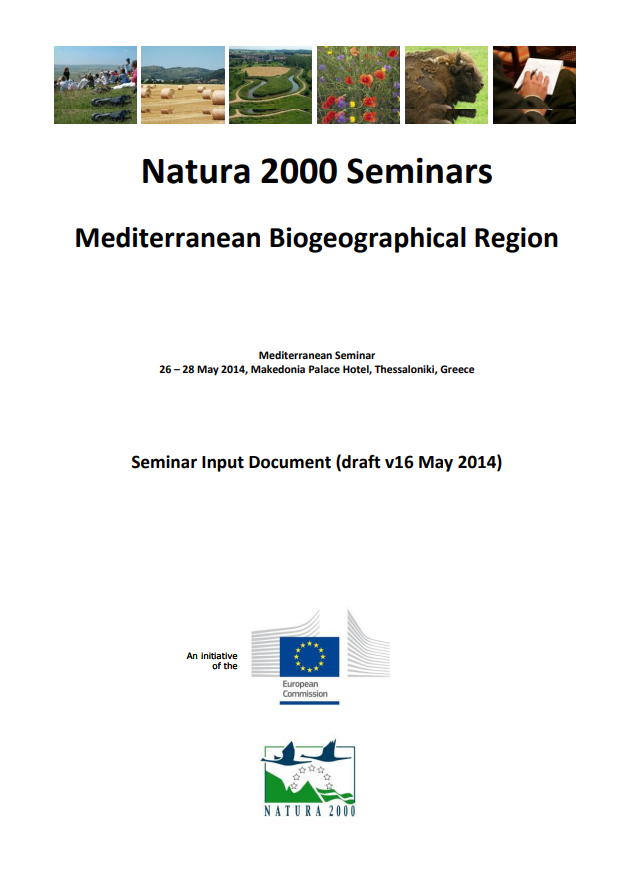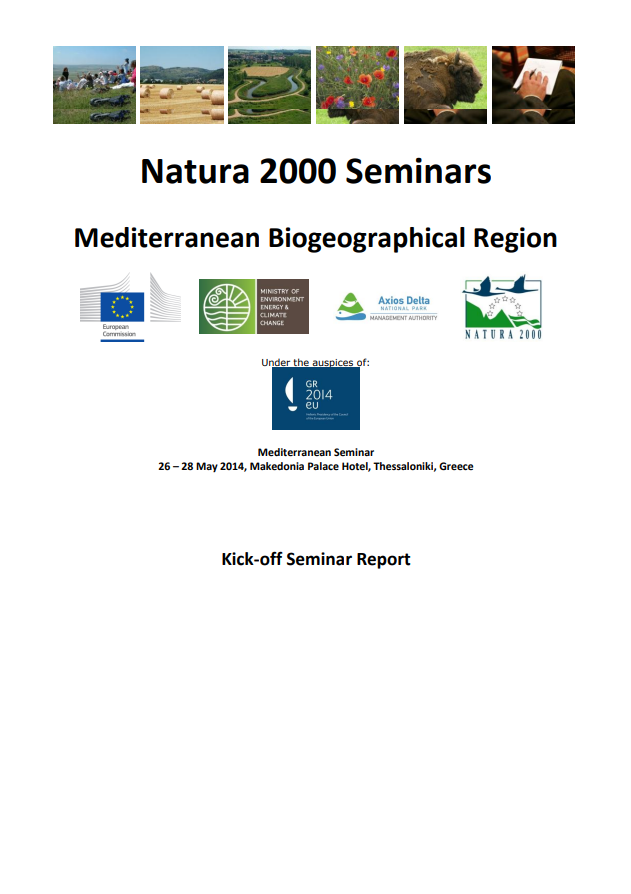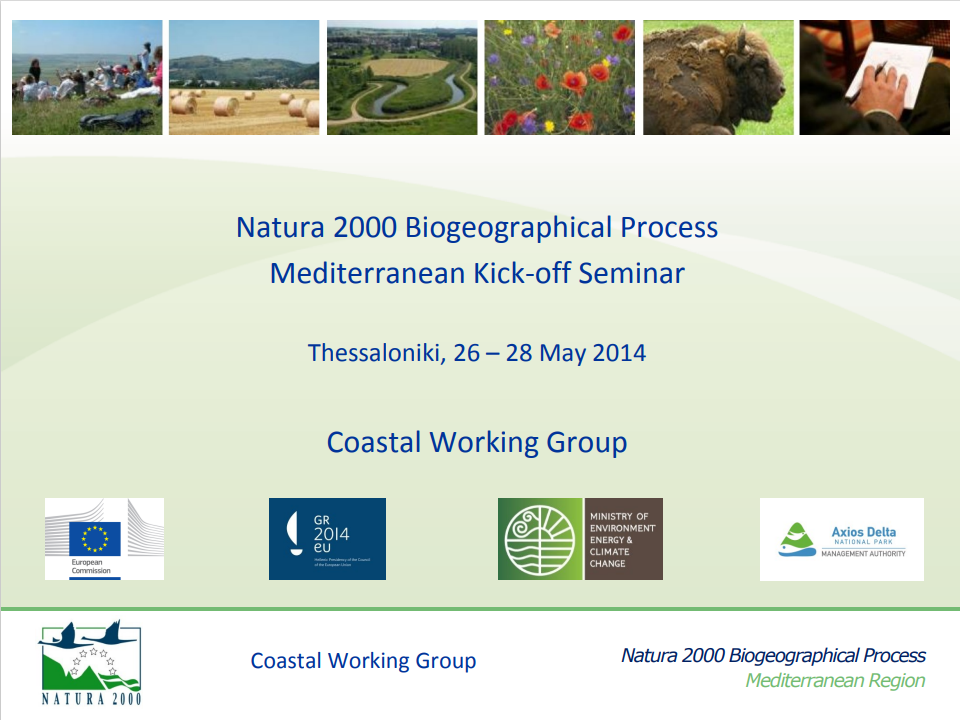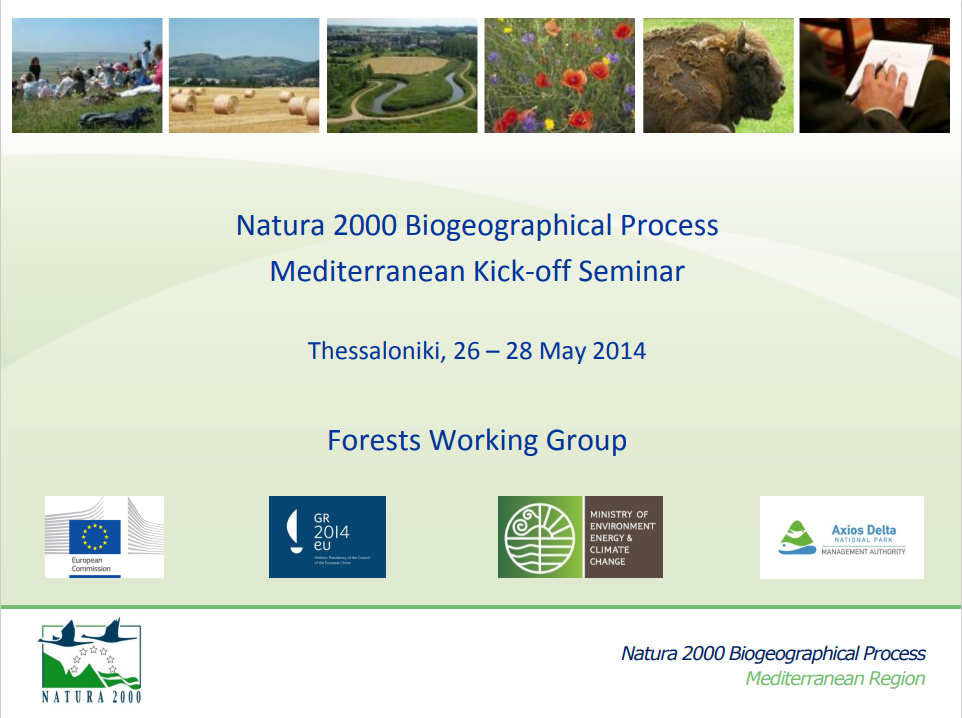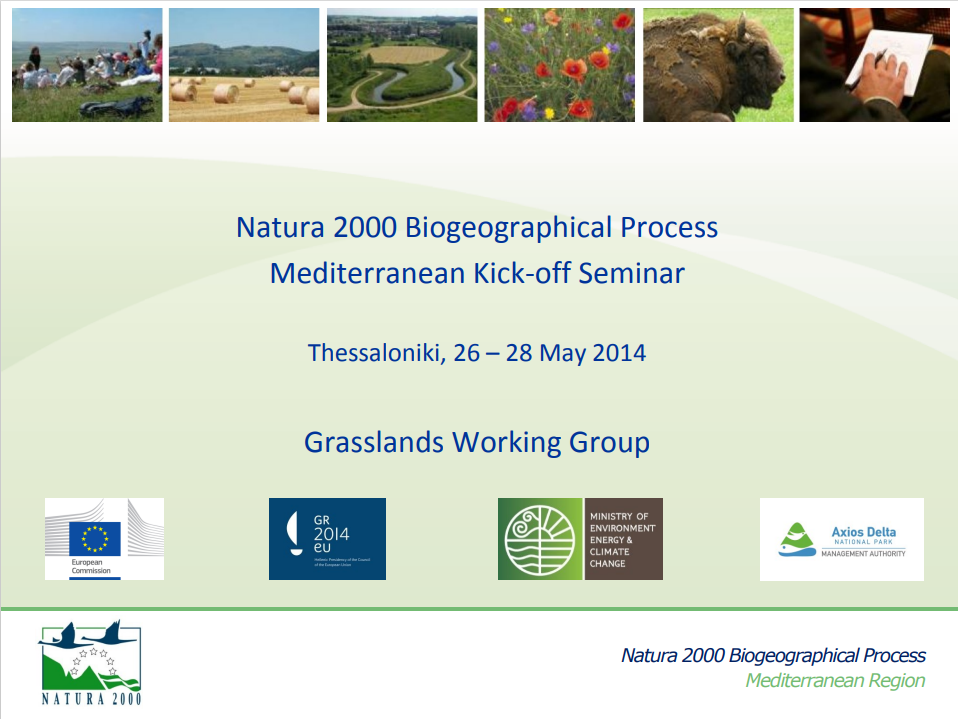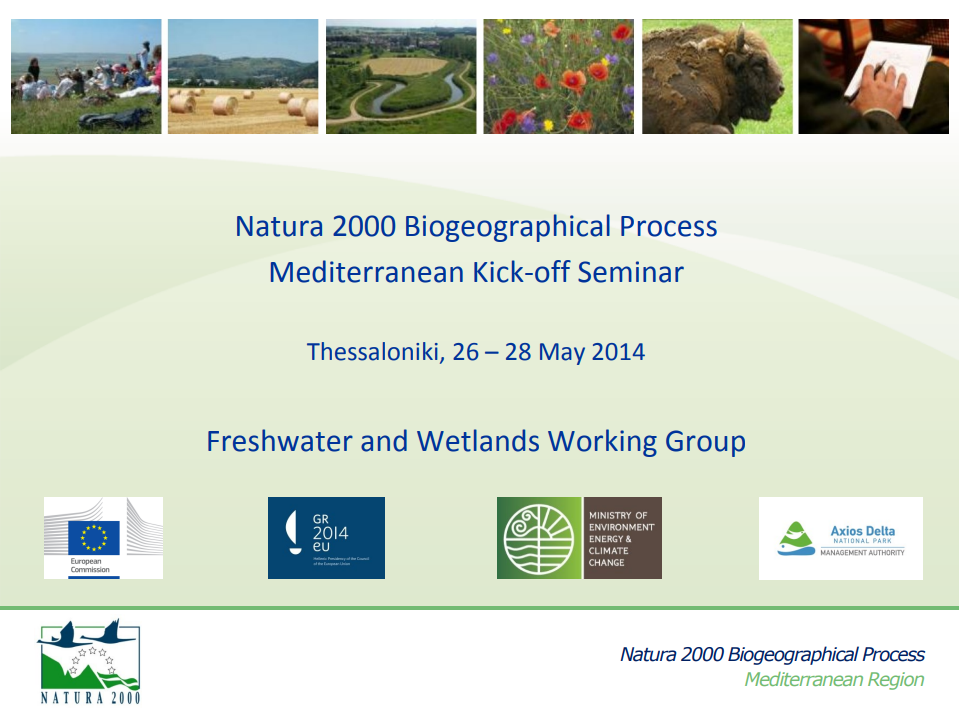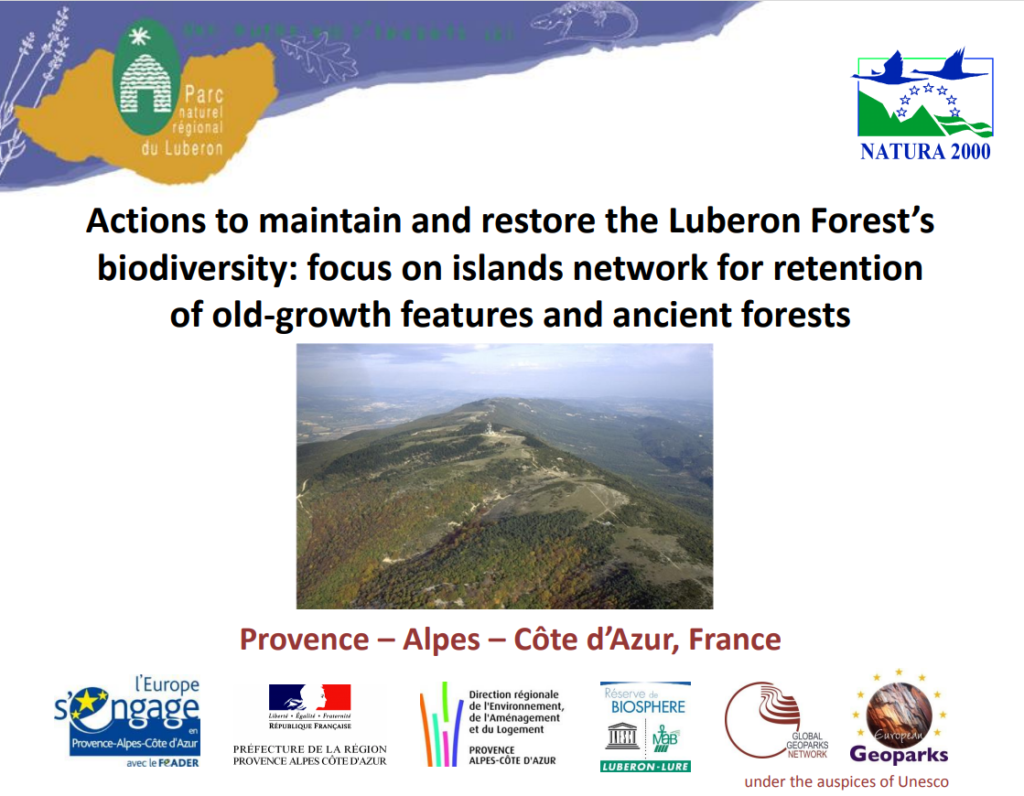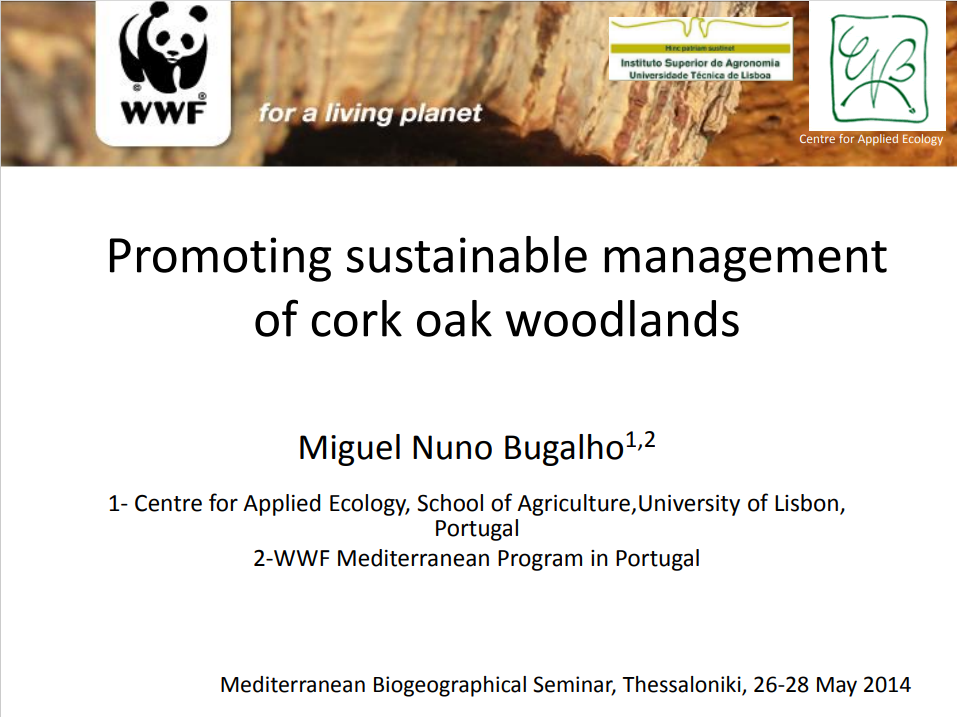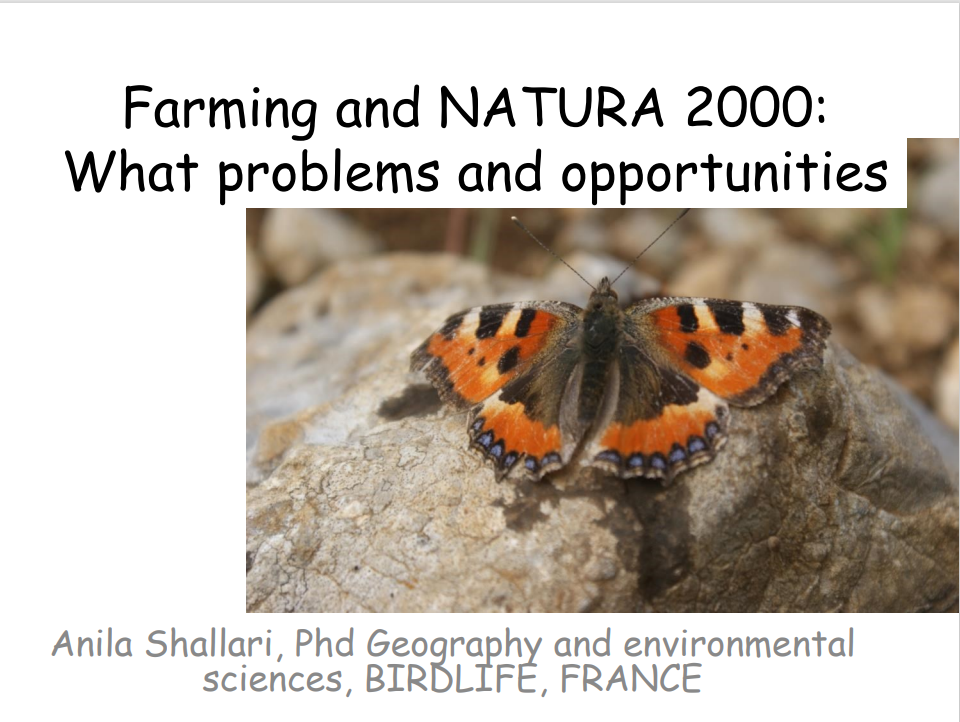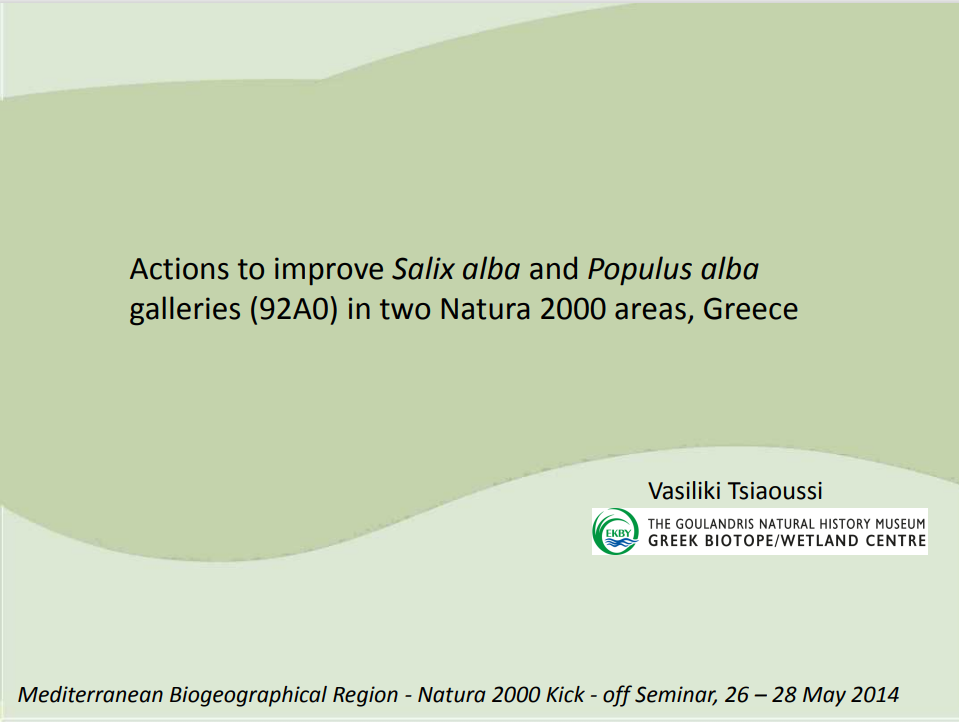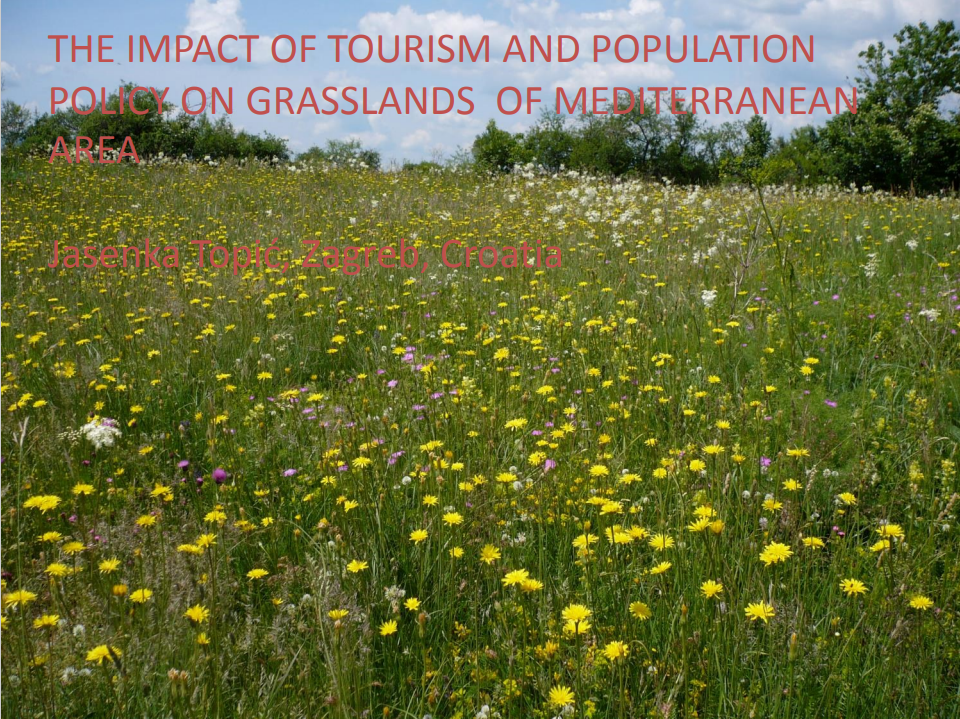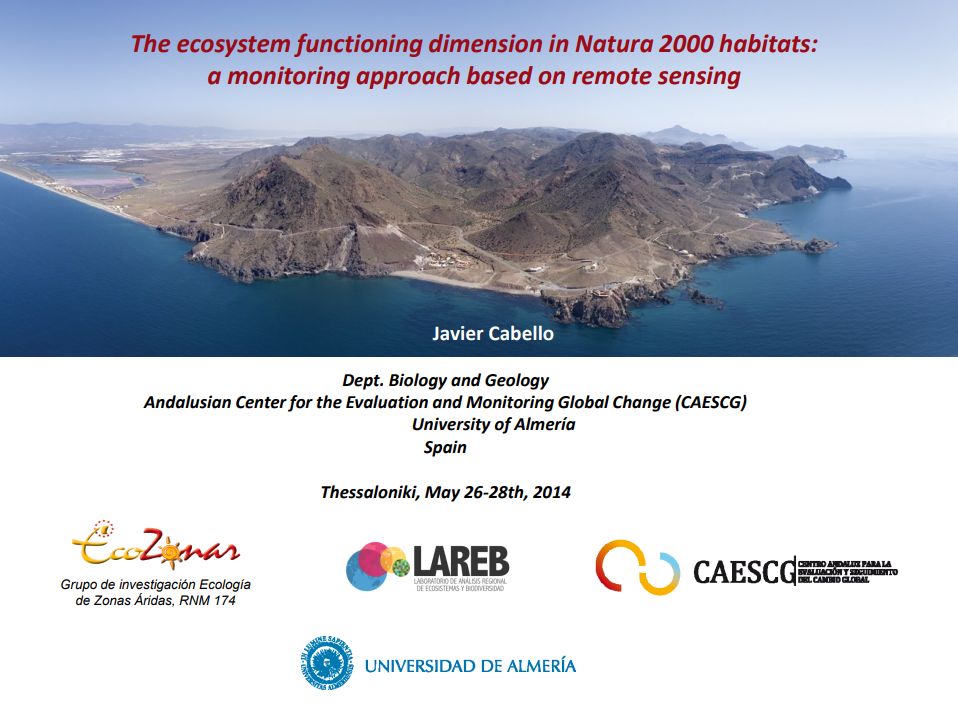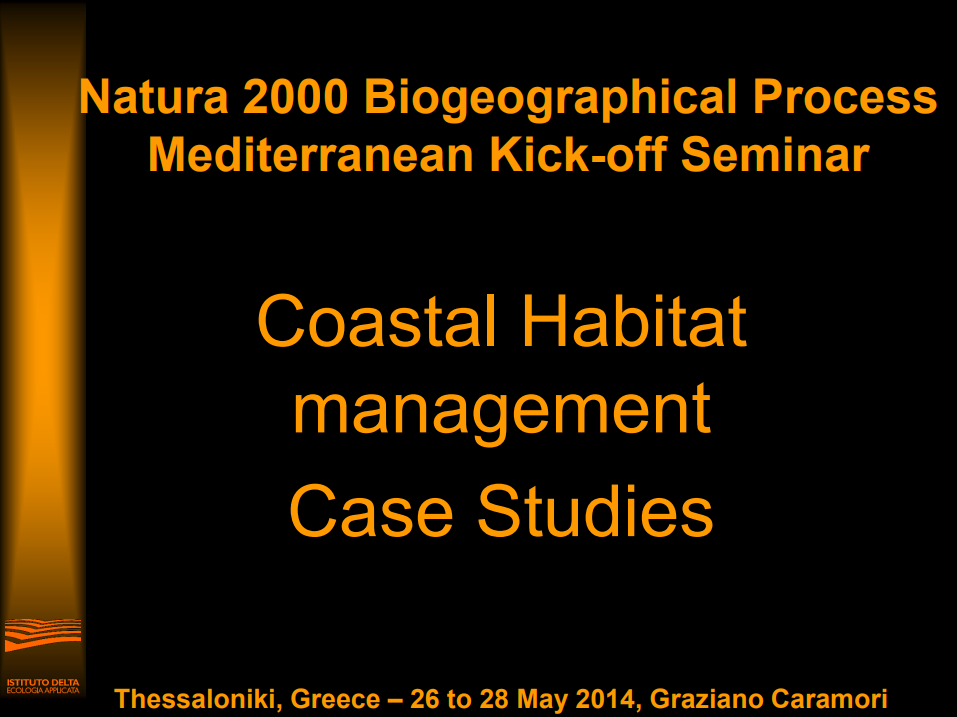Mediterranean region

Countries within the Mediterranean region include Croatia, Cyprus, France, Greece, Italy, Malta, Portugal and Spain
The Mediterranean basin stretches c.3,800 km east to west from the tip of Portugal to the shores of Lebanon and c.1,000 km north to south from Italy to Morocco and Libya. The climate is characterised by hot dry summers and humid, cool winters but it can also be notoriously capricious with sudden torrential downpours or bouts of high winds (eg the Sirocco, the Mistral) occurring at various times of the year. These climatic conditions have a profound influence on the vegetation and wildlife of the region.
It is estimated that up to two billion birds migrate to, or through, the Mediterranean Region every year. Some are merely stopping over for a few days or weeks to refuel before their long journey across the Sahara, others come down to spend the winter here to escape the cold weather further north.
As for the Mediterranean Sea, its clear blue waters are famous throughout the world. Although not a very productive sea it nevertheless harbours a tremendous diversity of marine organisms, many of which are endemic to the region. It is estimated that the Mediterranean contains 8–9% of all the world’s marine creatures. Many of the lesser-known sponges, sea squirts, sponges, crustaceans etc… can be found hidden amongst the vast underwater meadows or Posidonia beds that grow in shallow coastal waters.
The 2024 Mediterranean Seminar took place on on 17 – 19 April 2024 in Larnaca, Cyprus
Introductory Presentations from the Event
The Pledge and Review Process
Communicating on Natura 2000
Previous Mediterranean Seminar
LIFE Programme Contribution
Conservation Status Improvement Targets
Protected Areas Presentations
Overview and Distance to Target in the Med Region
NatureConnect: A coherent Network of PA’s
Pledges and Approaches in France
Pledges and Approaches in Italy
Conservation Status Presentations
Current State of Play in the Mediterranean Region
Pledges and Approaches: Cyprus
Pledges and Approaches: Spain
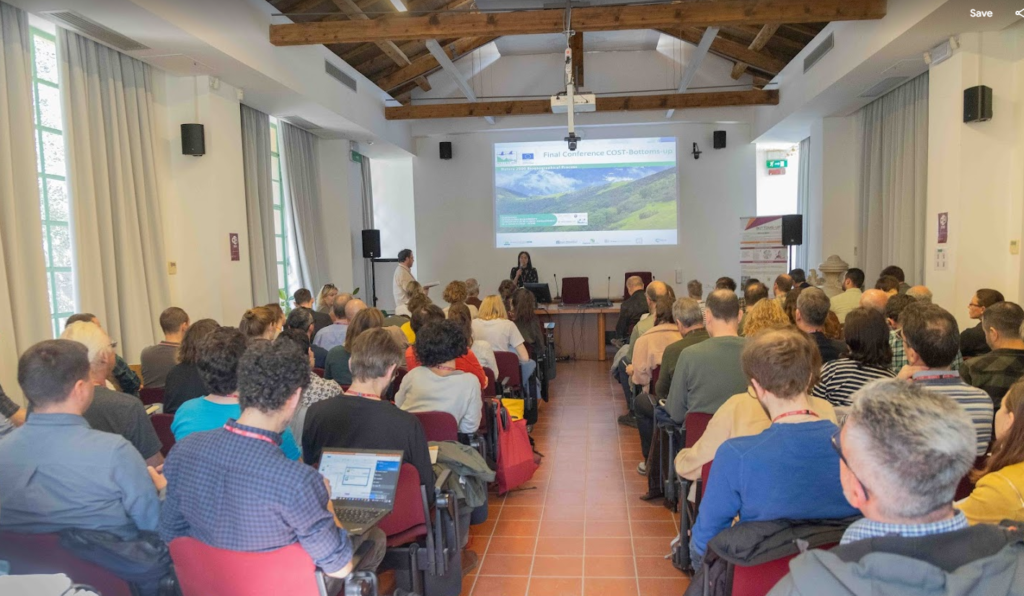
Theme 1: Pledges and Strict Protection
Criteria for Strict Protection
Roadless Mountains Initiative
SPA Experiences in Spain
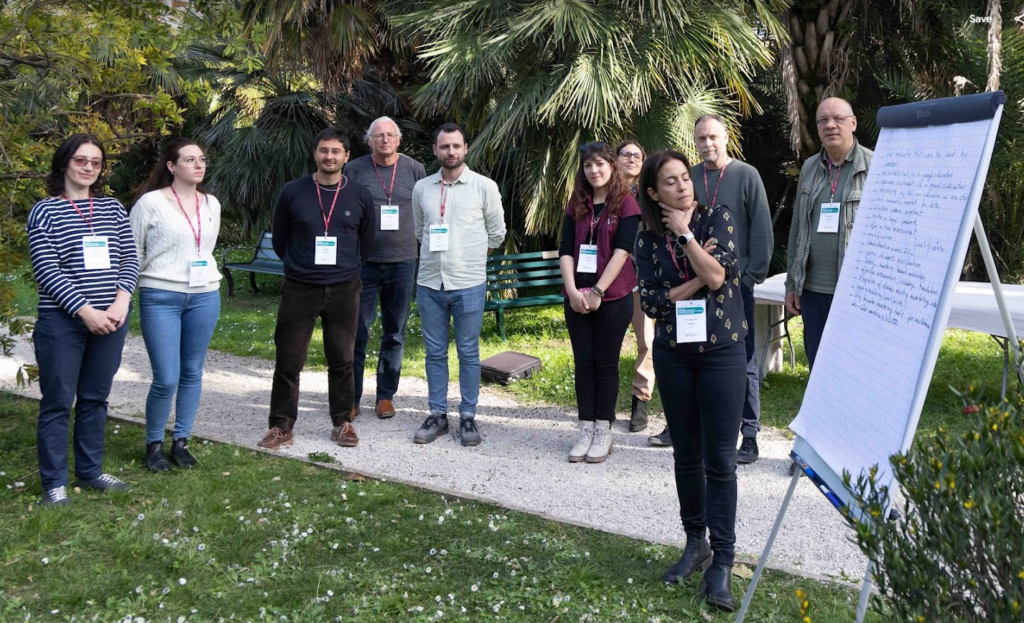
Theme 2: Site-Specific Conservation Objectives and Measures
Setting Conservation Objectives: The French Approach
Setting Conservation Objectives: The Italian Approach
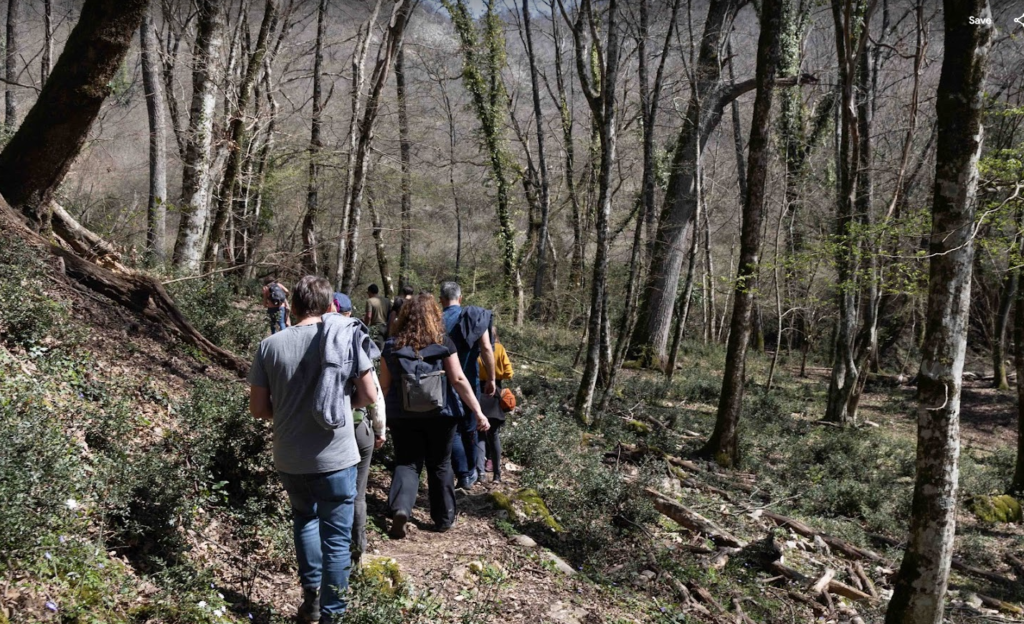
Med Habitat Action Plan: Embryonic Dunes
Theme 3: Favourable Conservation Status/Reference Values
Theme 4: Effective Management of Natura 2000 Sites
Effective Management of N2K Sites: Croatia
Assessing Management Effectiveness
Europarcs Effort on PA Management
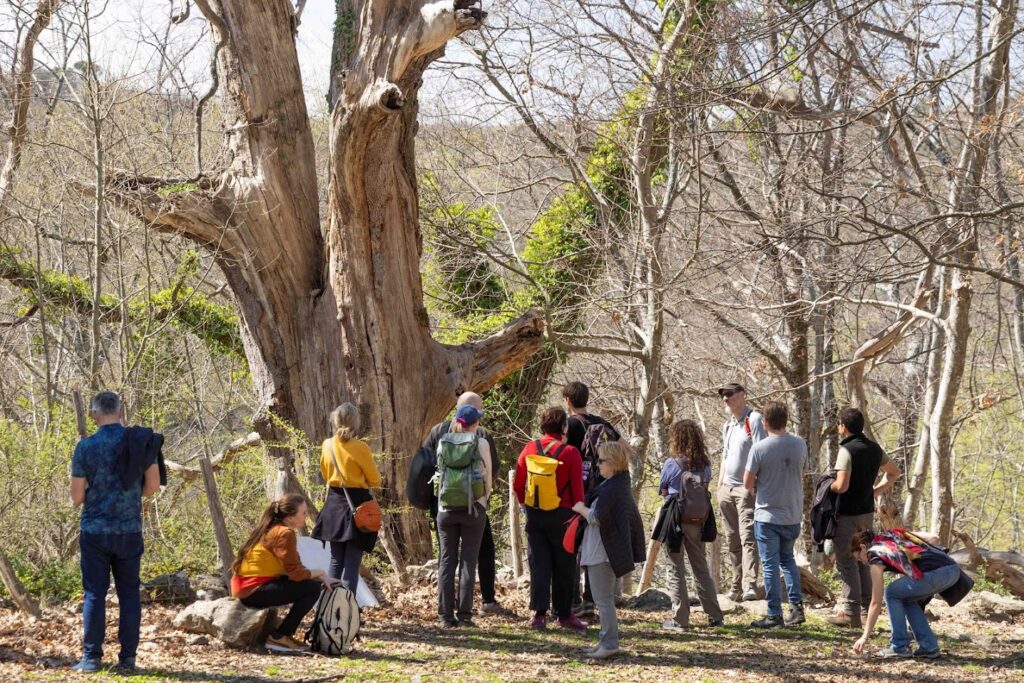
Outcomes of Group Discussions
Group Discussion Outcomes: Protected Areas
Group Discussion Outcomes: Conservation Status Improv.
Group Discussion Outcomes: Strict Protection
Group Discussion Outcomes: Site-Specific Cons. Objectives
Group Discussion Outcomes: FRVs and Conservation Status
Third Mediterranean Seminar, May 2021
Presentations from the event are available here.
Second Mediterranean Seminar, November 2017
Presentations from the Seminar can currently be found here.
First Mediterranean Seminar, May 2014

